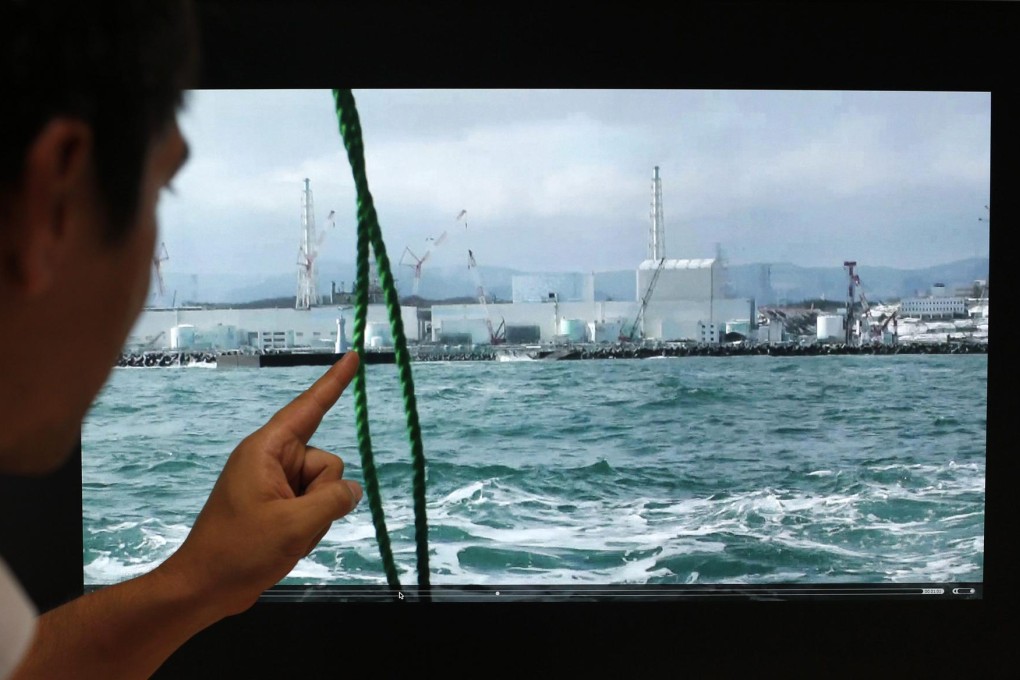Fukushima Daiichi plant's nuclear leaks poison the Pacific and a way of life
The earthquake and tsunami that hit Fukushima have left a lingering toxic legacy and despondent fishermen denouncing 'act of treason'

At 63, Kazuo Niitsuma believes he has many more years of fishing ahead of him. The sea is in his family's blood, he says. His octogenarian father began working on boats when he was 12, and retired only three years ago.
But even if his health permits, Niitsuma knows he may never again get the chance to board his boat and head out into the Pacific in search of sole, whitebait, flounder and greenling.
The greatest threat to his livelihood, and that of thousands of other fishermen in Hisanohama, a small fishing town 200 kilometres northeast of Tokyo, lies just up the coast at the Fukushima Daiichi nuclear power plant.
The environment ministry recently said 300 tonnes of contaminated groundwater from the plant is still seeping into the Pacific every day, more than two years after it was hit by a tsunami in March 2011. Government officials said the leaks probably started soon after the disaster, which caused a nuclear meltdown.
The admission by the ministry, confirmed by the Tokyo Electric Power Co (Tepco), which runs the plant, is likely to keep Hisanohama's 40 fishing boats in port for the foreseeable future.
"I haven't been able to fish since the tsunami," Niitsuma said inside the concrete shell of the port's main building, whose foundations sank by up to a metre because of the force of the quake. "People want to be reassured that they are buying fish that is safe to eat, and we can't give them that guarantee at the moment."